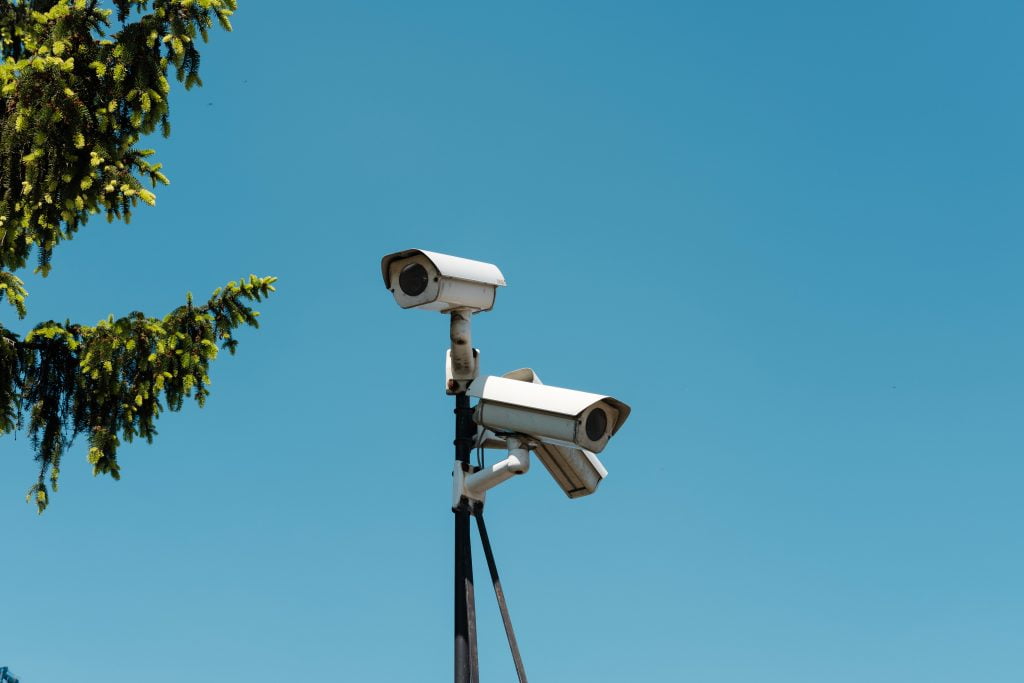A recent 2020 report by the State Inspector’s Service, a body that monitors personal data processing and probes into abuse of power, said the agency lacks effective legal instruments to investigate crimes committed by law enforcement bodies.
Noting that it needs an authorization from the Prosecutor’s Office for various investigation activities, including questioning witnesses, the State Inspector’s Service said this “dependence” on prosecutorial permits hinders effective probing. In this context, the State Inspector recalled that the Prosecutor’s Office rejected its quest to initiate a criminal prosecution into one of the cases despite presenting a “well-substantiated suspicion.”
The report also found it problematic that prosecutors have 72 hours to consider the State Inspector’s requests, which can delay probes and pose a risk of the evidence being destroyed. The document further noted that receiving authorization for an investigation may take up to eight days, another risk with regard to evidence tampering.
The report also deemed it problematic for the Inspector-led probes that there are overlapping offences in the Criminal Code. For instance, the State Inspector said, overlapping between Article 333b (abuse of power by violence or a weapon) and 144 (3) (involving humiliation or inhuman treatment) hinders the process of correctly qualifying crimes.
- State Inspector Probes Alleged Police Violence Against Shame Movement Protesters
- Justice Ministry, Penitentiary Service Fined for Violation of Personal Data Protection Law
- Ex-Intelligence Officer Talks Spying on Opponents, Recalls June 20 Protest Details
In a lengthy report, the State Inspector also highlighted shortcomings in the personal data processing, noting that various law enforcement bodies lack a streamlined policy on video surveillance. It said relevant guidance on storing, accessing and processing the recordings vary not only from agency to agency, but also within different divisions of the same agencies.
In this regard, the State Inspector observed that the group of persons eligible to access these footages are often “not defined” stringently, while several people use the same “user” on the surveillance equipment, making it impossible to find out who accessed the devices. The State Inspector also said, that law enforcement agencies often do not keep track of who viewed, downloaded, or deleted such data either.
The report also touched upon wiretapping practices in the country, noting that the number of relevant Court permits decreased in 2020, but the number of phones monitored rose as “court ruling often warrant covert tapping and recording of more than one phone user.” The agency said in its authority it suspended the wiretapping in 116 cases, citing inaccuracies in the prosecution’s decrees or the failure to present relevant Court warrants to the Inspector timely.
The report also included investigations into police abusing their power, also law enforcement bodies releasing personal information or video recordings to the public.
The State Inspector said the Interior Ministry insufficiently cooperates with it over providing video-footages. It said patrol police bodycam footage was provided only in 41% of its investigations, while the figure for footages from police divisions stood at 48%. In comparison, video-footage provision figures stand at 87% for the penitentiary and private entities, according to the report.
The State Inspector’s Service also studied the disrespect of private data by the law enforcement bodies during the year. It noted, for instance, that Justice Ministry released a video of the Public Defender representative’s visit to prison without blurring the faces of persons involved. While seeing the incident may have been important for public to make conclusions, there was no need to reveal the identity of the person involved, the State Inspector said.
This post is also available in: ქართული (Georgian) Русский (Russian)

